17 GPTs for Medical Imaging Powered by AI for Free of 2026
AI GPTs for Medical Imaging refers to a subset of generative pre-trained transformers specifically designed to address challenges and tasks in medical imaging. These AI tools harness the power of advanced machine learning algorithms to analyze, interpret, and generate insights from medical images such as X-rays, MRIs, and CT scans. By leveraging GPTs, healthcare professionals can gain enhanced diagnostic accuracy, improve patient outcomes, and streamline medical imaging workflows.
Top 10 GPTs for Medical Imaging are: XRay Diagnostic Assistant,OHIF-Bot,🩺 Radiologist's AI Assistant 🖼️,Digital Image Processing Tutor,SlicerGPT,VTK DICOM Imaging Expert,Eng. Biomédica,SyntheticallyEnhanced Explainer,Cure Research,Computer Vision
XRay Diagnostic Assistant
AI-powered diagnostics for X-ray images.

OHIF-Bot
Empowering imaging with AI insights
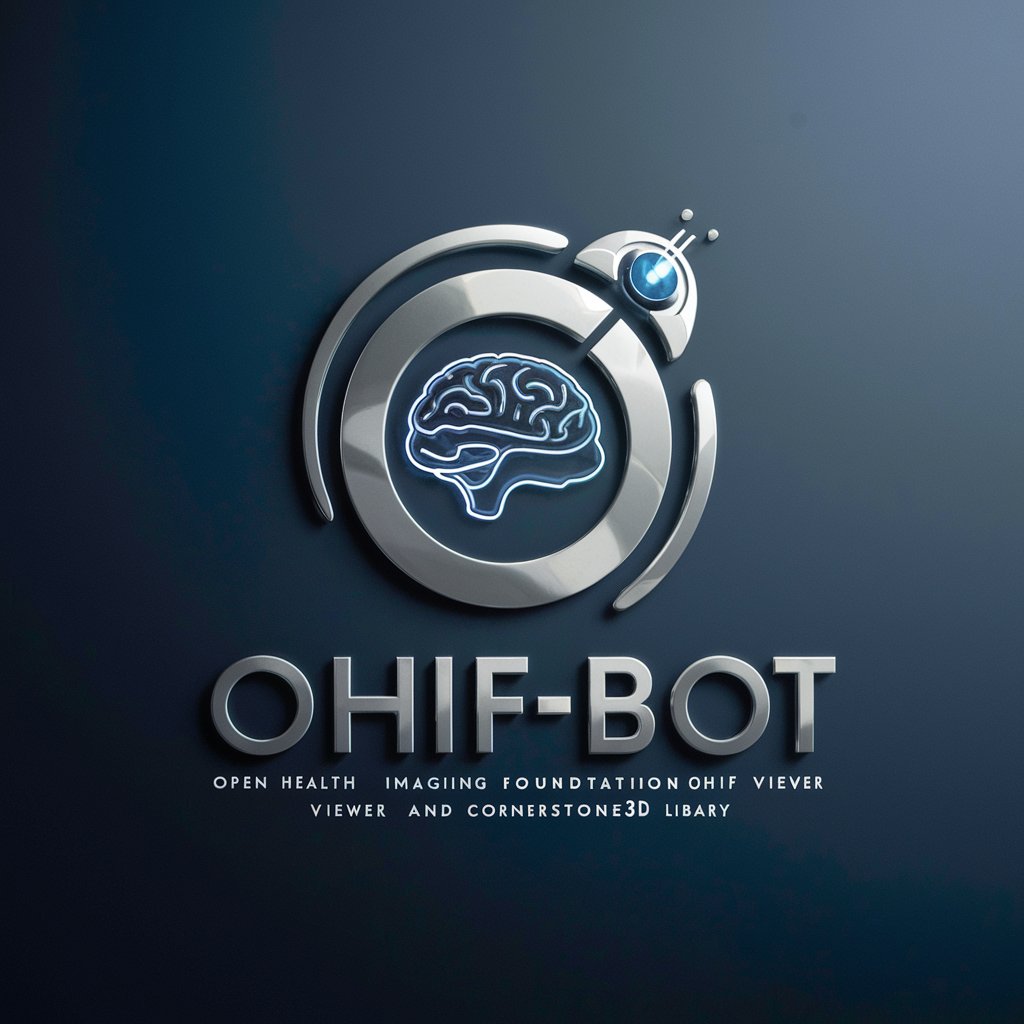
🩺 Radiologist's AI Assistant 🖼️
Empowering radiology with AI assistance.

Digital Image Processing Tutor
Empowering your imaging with AI

SlicerGPT
Empowering 3D Slicer development with AI.
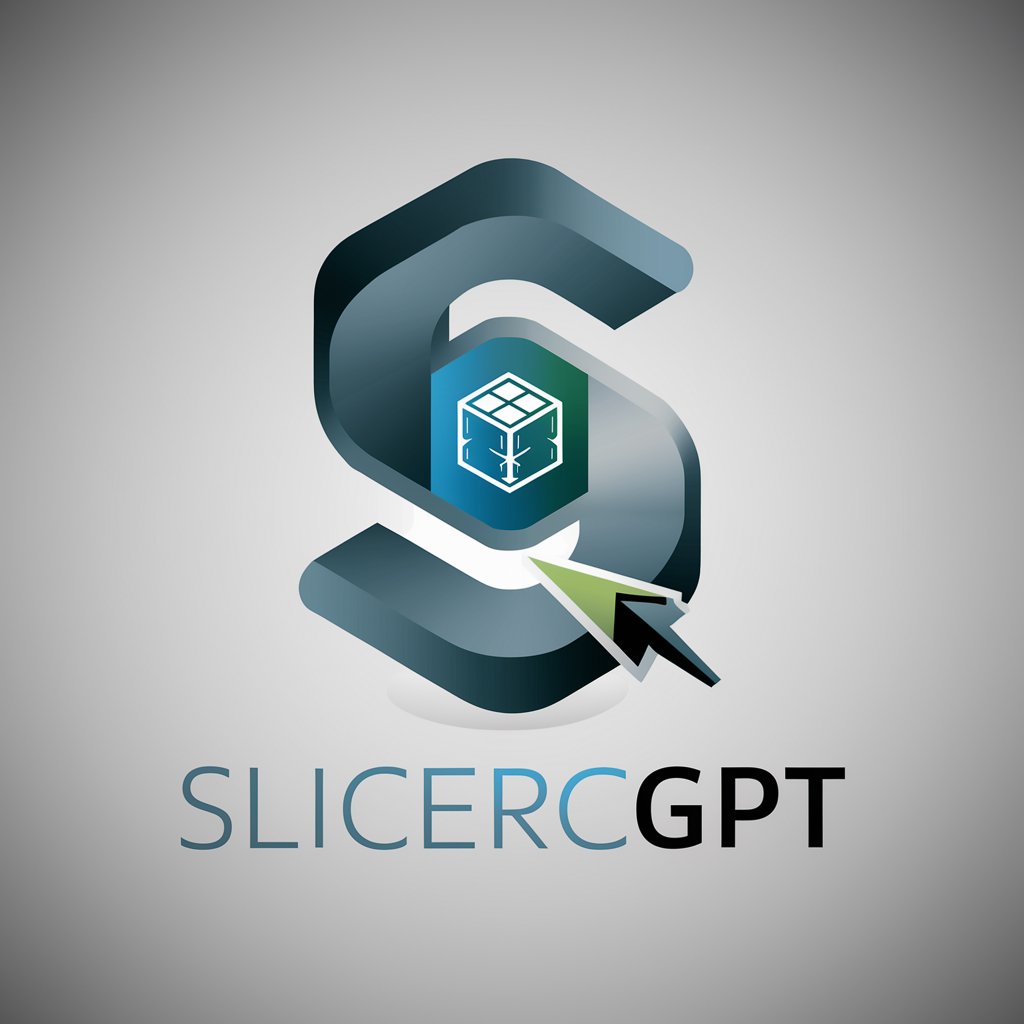
VTK DICOM Imaging Expert
AI-powered DICOM Imaging Insights
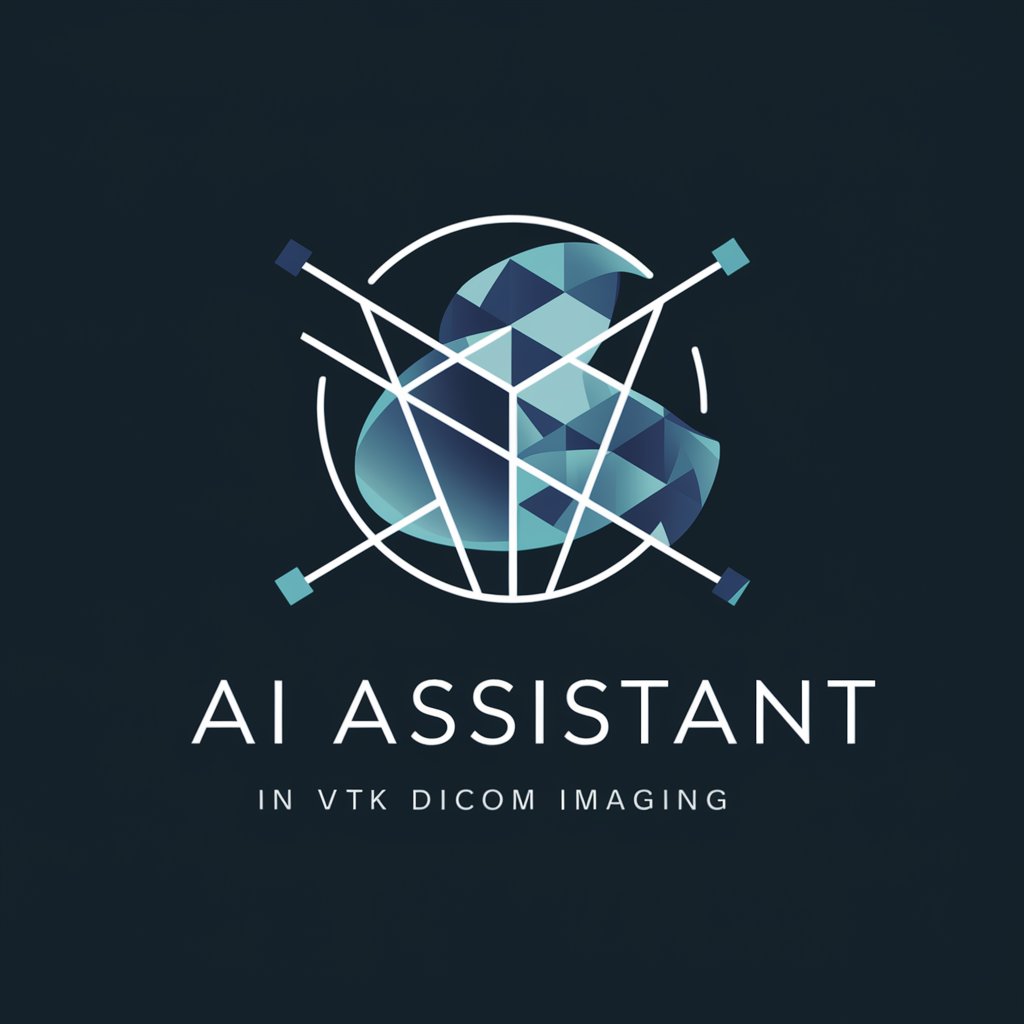
Eng. Biomédica
Empowering Biomedical Excellence with AI

SyntheticallyEnhanced Explainer
Enhance research with synthetic data
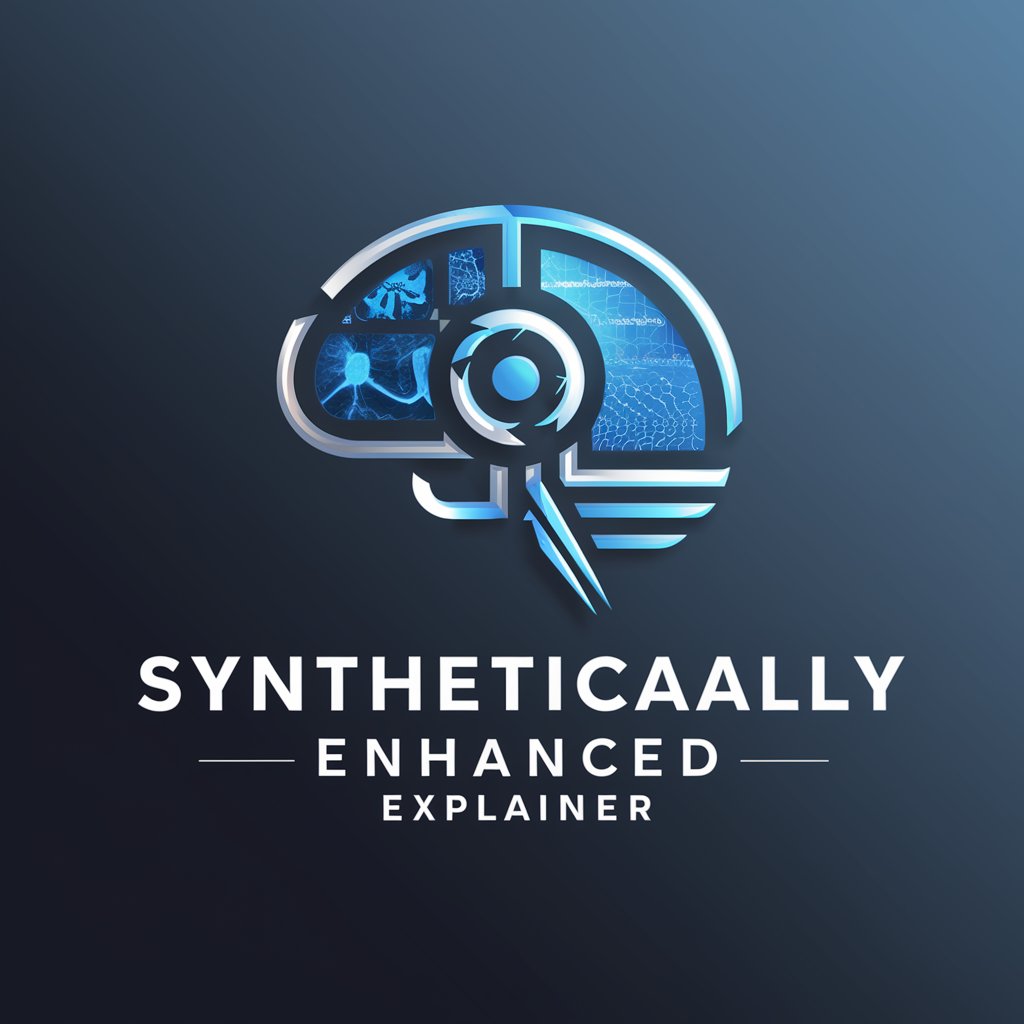
Cure Research
Empowering Biomedical Discoveries with AI
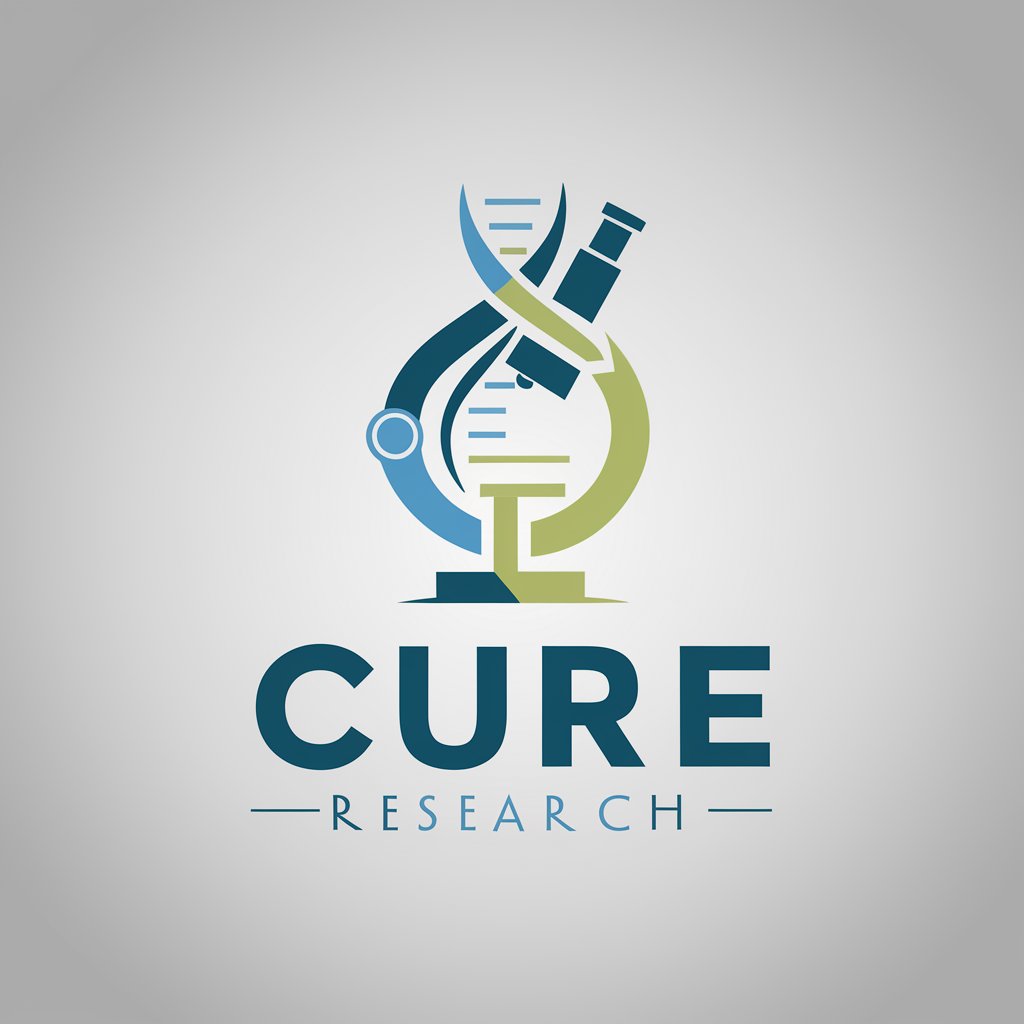
Computer Vision
Unlocking Vision with AI Power
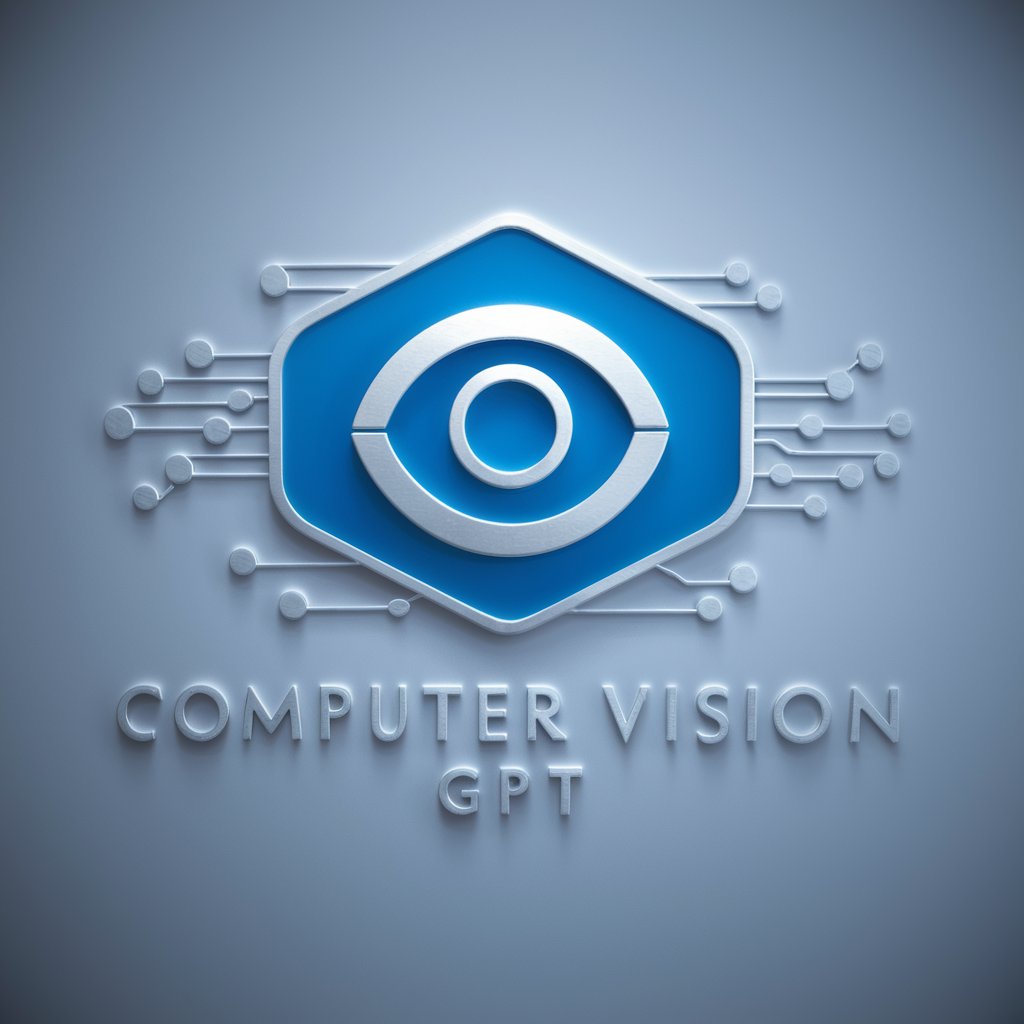
MediScan Analyst
AI-powered Insights into Medical Imaging
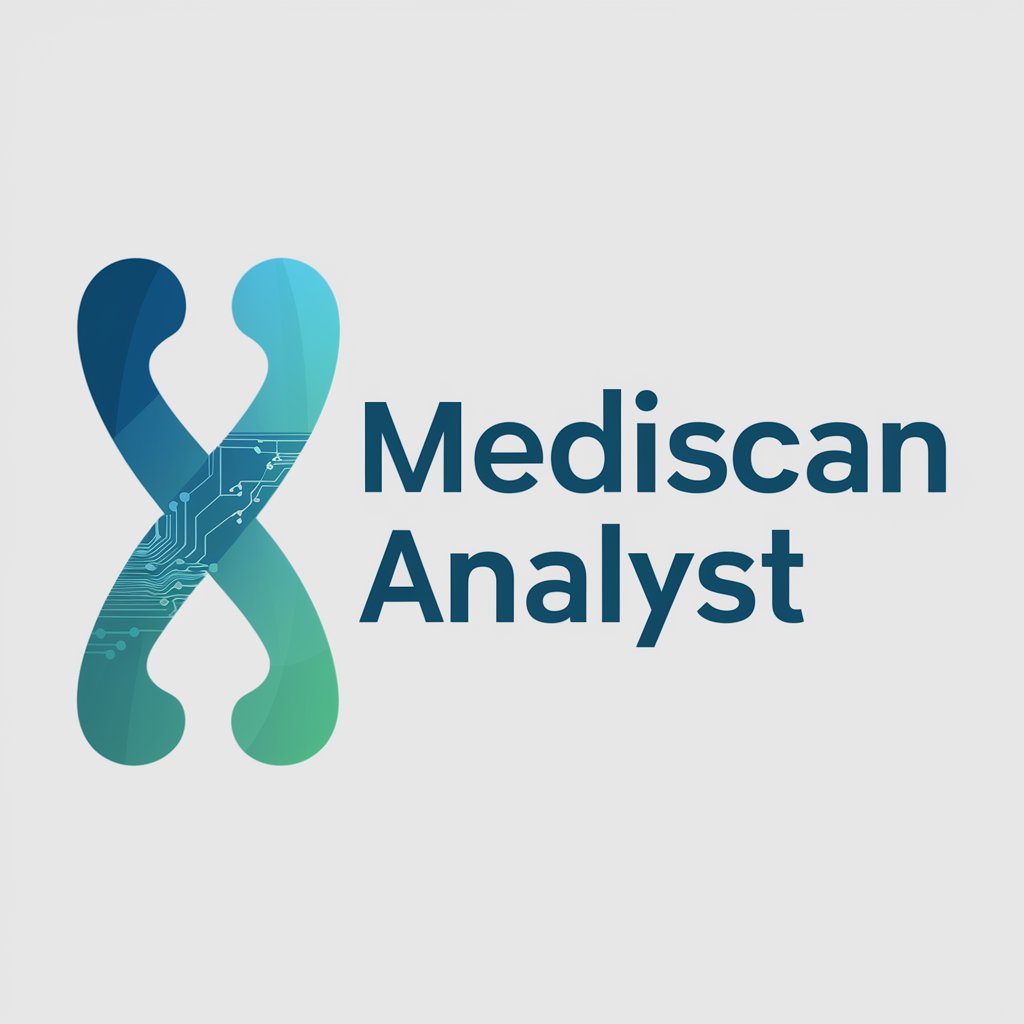
地方标准撰写助手
Streamline medical imaging standards with AI-powered drafting assistance.
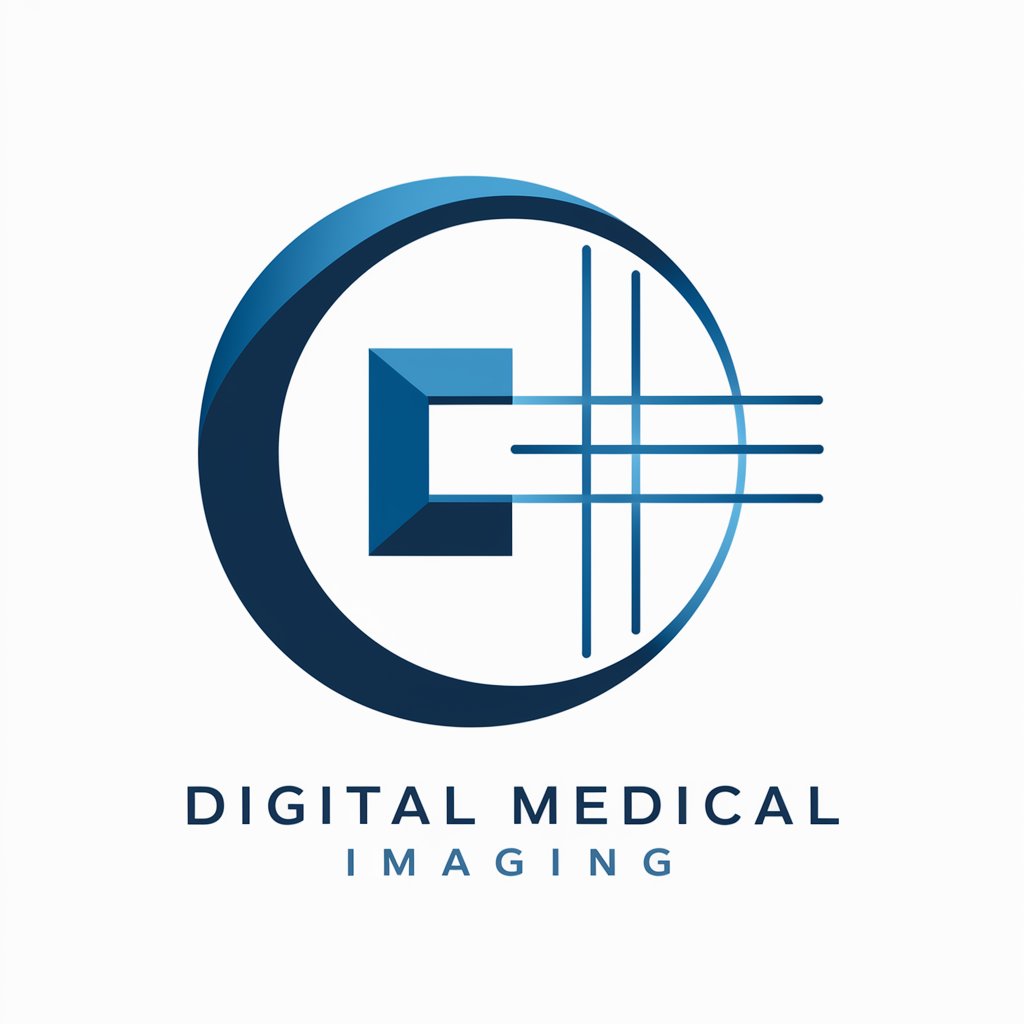
🧠 Neural Navigator Assistant 🤖
Empowering Neurosurgery with AI
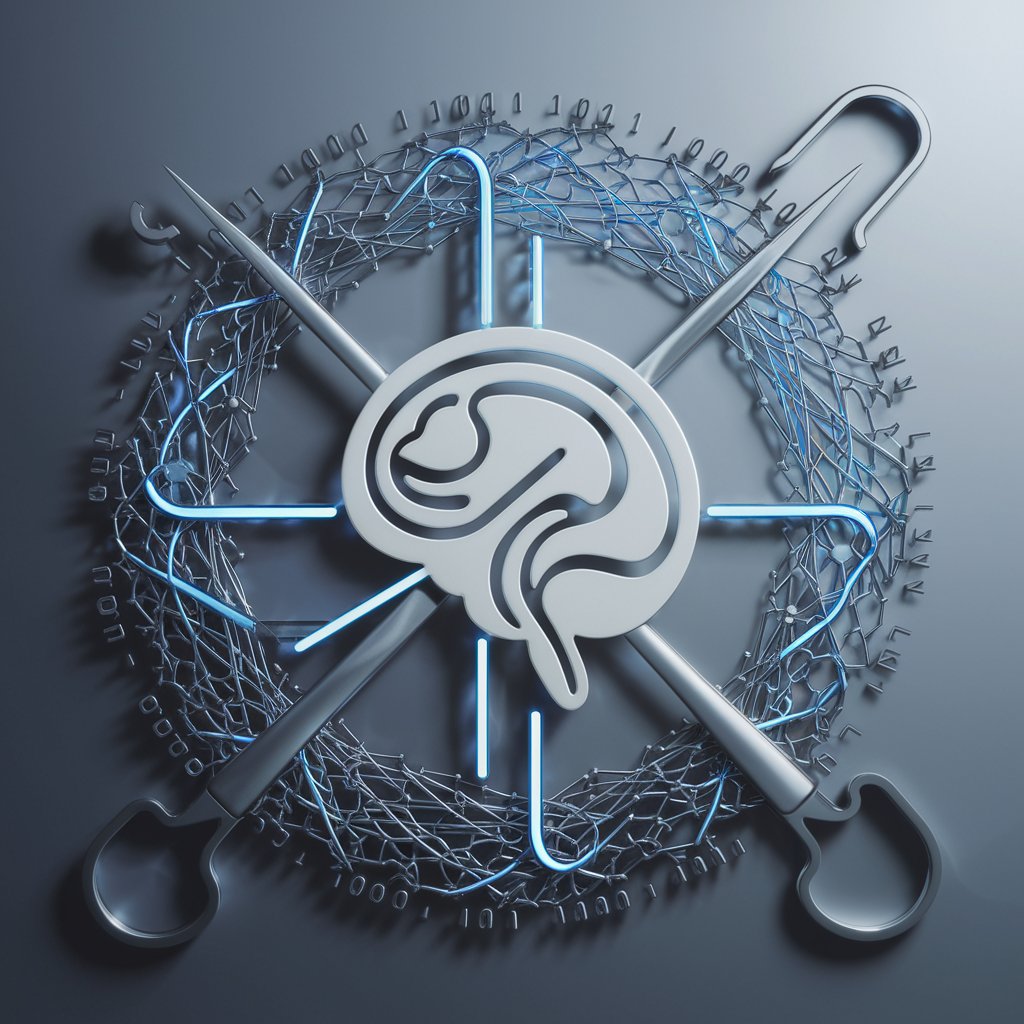
Imaging Insight
Demystifying Medical Imaging with AI
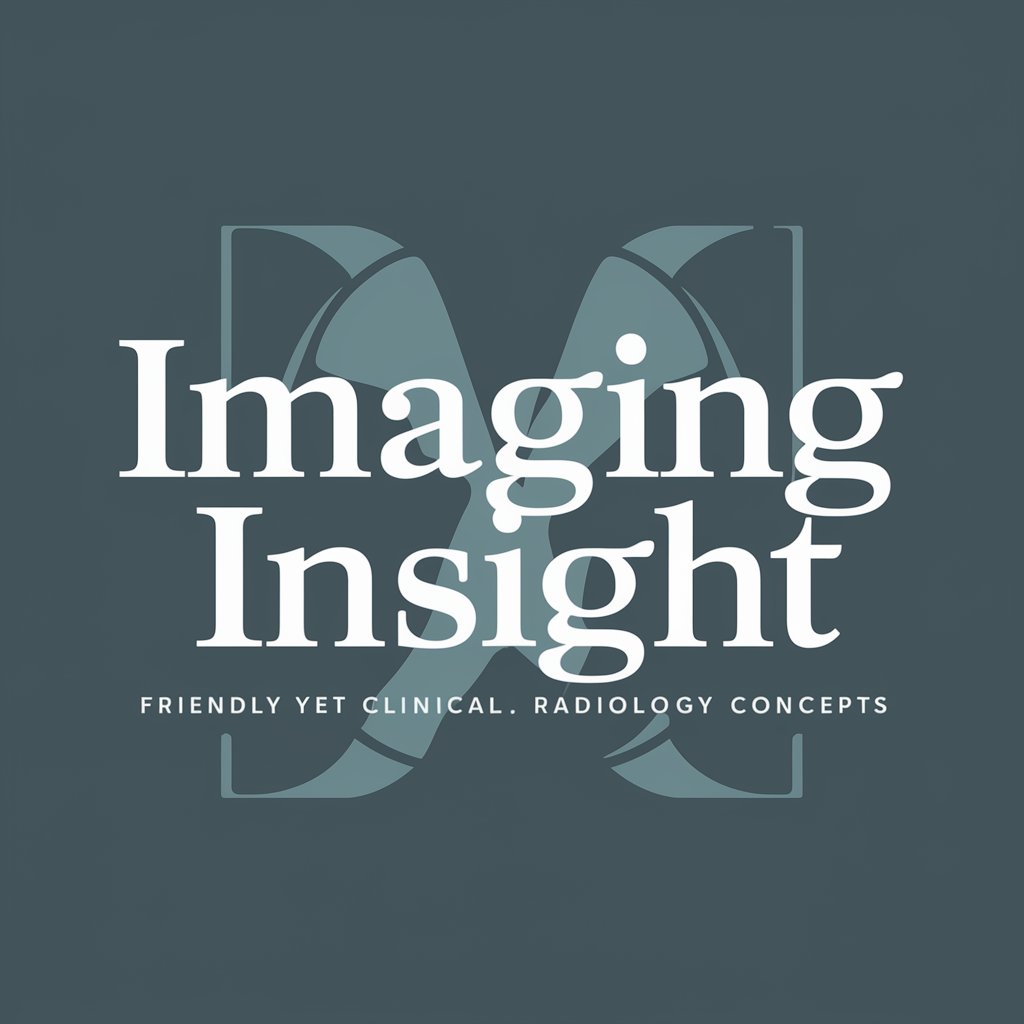
PZM IKEM Chat Bot
Empowering Imaging Insight

AI Diagnostic Assistant
Empowering Diagnostics with AI
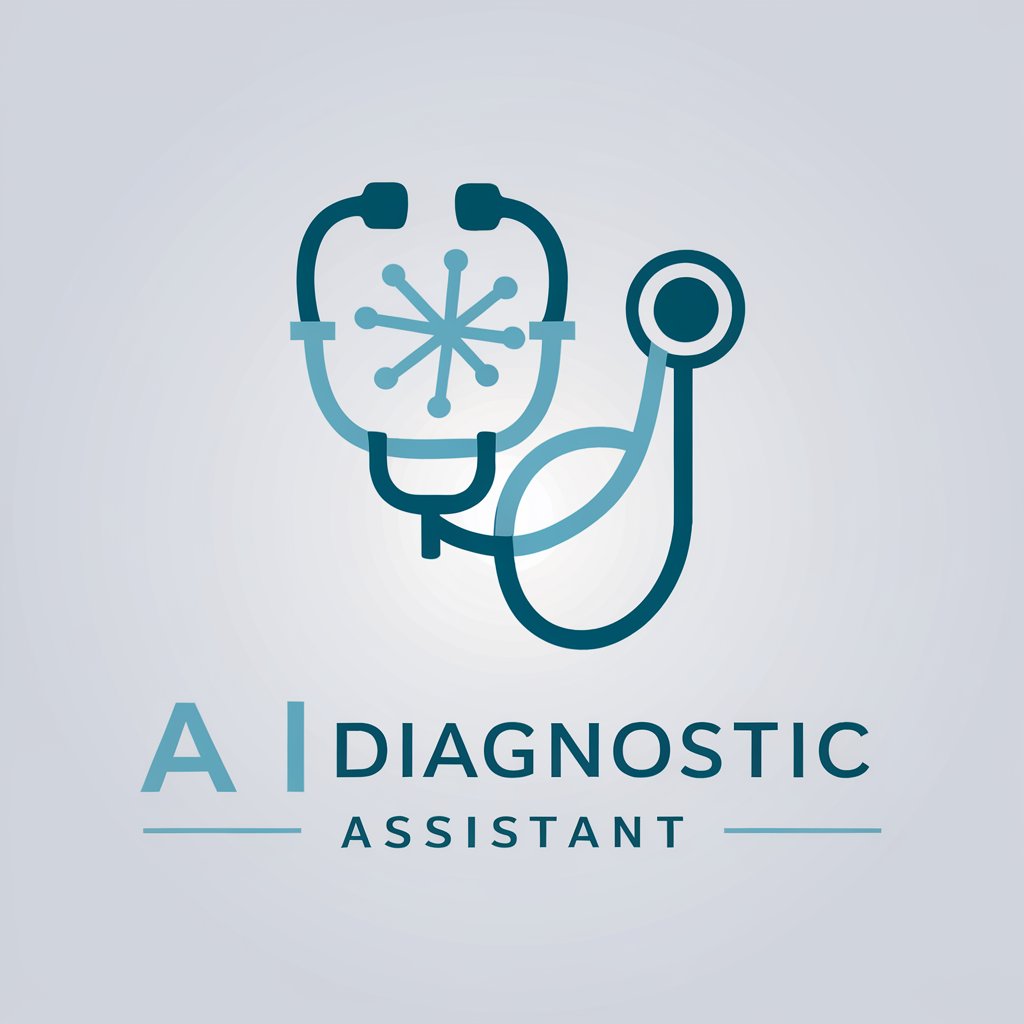
Deep Diffuser
Transforming Medical Imaging with AI
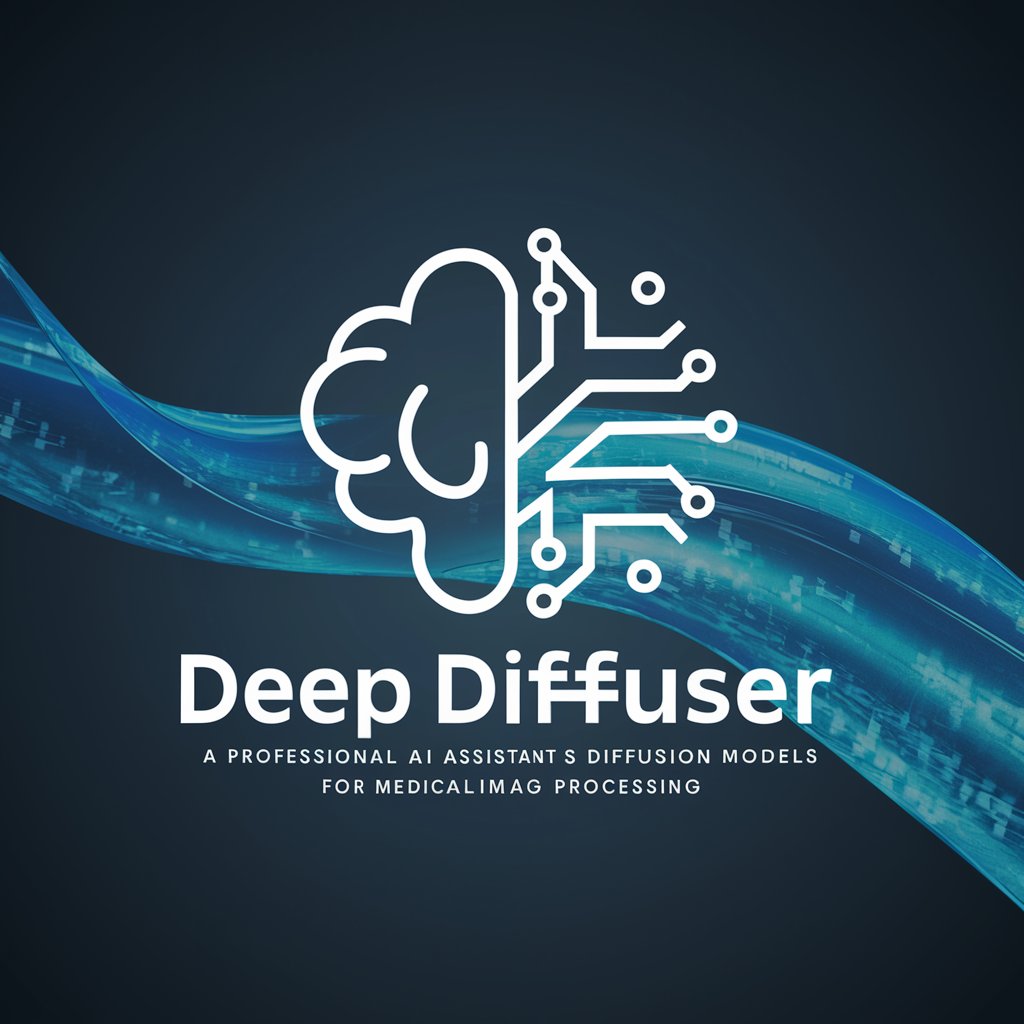
Key Characteristics & Capabilities
AI GPTs for Medical Imaging are equipped with several unique features that set them apart. These include high adaptability to various medical imaging modalities, sophisticated image recognition and analysis capabilities, and the ability to integrate with existing healthcare systems. Special features might encompass advanced language understanding for processing radiology reports, image generation for educational purposes, and state-of-the-art data analysis techniques for predictive modeling. These tools are designed to evolve with the field, offering scalable solutions from routine diagnostic assistance to complex image-based research.
Who Benefits from AI GPTs in Medical Imaging
The primary beneficiaries of AI GPTs for Medical Imaging include radiologists, medical practitioners, and healthcare IT professionals. Additionally, these tools are accessible to medical students and researchers looking to deepen their understanding of diagnostic imaging. For users without coding expertise, these GPTs offer user-friendly interfaces and automated workflows. Meanwhile, developers and tech-savvy professionals in the healthcare sector can leverage API access and customization options to tailor these tools to specific research or clinical needs.
Try Our other AI GPTs tools for Free
DICOM Visualization
Explore AI-driven DICOM Visualization GPTs designed to revolutionize medical imaging analysis with advanced features and intuitive interfaces for professionals and novices alike.
PACS Integration
Explore how AI GPTs revolutionize PACS Integration, offering advanced image analysis, seamless data management, and improved healthcare outcomes through intelligent automation and customized solutions.
3D Reconstruction
Discover AI GPTs for 3D Reconstruction: cutting-edge tools designed for generating detailed 3D models from diverse data, perfect for professionals and hobbyists alike.
Sports Therapy
Discover how AI GPTs revolutionize sports therapy with tailored diagnostics, personalized treatment plans, and innovative rehabilitation techniques.
Rehabilitation Science
Explore how AI GPTs revolutionize Rehabilitation Science, offering personalized, adaptable tools for enhanced patient care and professional support.
Commuting Solution
Discover how AI GPTs for Commuting Solution optimize your travel with real-time updates, route optimization, and seamless public transit integration, all through intuitive AI-powered tools.
Beyond the Basics: AI GPTs in Healthcare
AI GPTs for Medical Imaging are not just tools for image analysis; they represent a paradigm shift in healthcare diagnostics and research. With user-friendly interfaces, these AI solutions offer a gateway to advanced diagnostics and personalized patient care. Their integration into healthcare systems signifies a move towards more data-driven, precise, and efficient medical practices. As these technologies evolve, their role in enhancing diagnostic workflows and patient outcomes will continue to grow.
Frequently Asked Questions
What exactly are AI GPTs for Medical Imaging?
AI GPTs for Medical Imaging are advanced AI tools designed to analyze and interpret medical images using generative pre-trained transformers technology, facilitating improved diagnostic accuracy and patient care.
Can AI GPTs analyze different types of medical images?
Yes, these tools are adaptable to various imaging modalities including X-rays, MRIs, CT scans, and more, offering versatile diagnostic support.
How do AI GPTs improve diagnostic accuracy?
By leveraging advanced image recognition and machine learning algorithms, AI GPTs can identify patterns and anomalies within images that may be missed by the human eye, thus enhancing diagnostic precision.
Are AI GPTs for Medical Imaging user-friendly for non-technical users?
Absolutely. These tools are designed with intuitive interfaces that allow healthcare professionals to easily navigate and utilize AI capabilities without needing advanced technical skills.
Can developers customize AI GPTs for specific medical imaging needs?
Yes, developers have access to APIs and development tools that enable them to customize and integrate AI GPTs with existing healthcare systems and workflows for tailored solutions.
What are the potential applications of AI GPTs in medical research?
In medical research, AI GPTs can be used for predictive modeling, disease progression analysis, and in the development of new diagnostic tools and techniques.
How do AI GPTs integrate with existing healthcare systems?
AI GPTs are designed to be interoperable, allowing for seamless integration with electronic health records (EHRs), Picture Archiving and Communication Systems (PACS), and other healthcare IT infrastructure.
What future developments can we expect in AI GPTs for Medical Imaging?
Future developments include more refined image analysis algorithms, improved integration capabilities, and enhanced user interfaces that further simplify the diagnostic process for medical professionals.